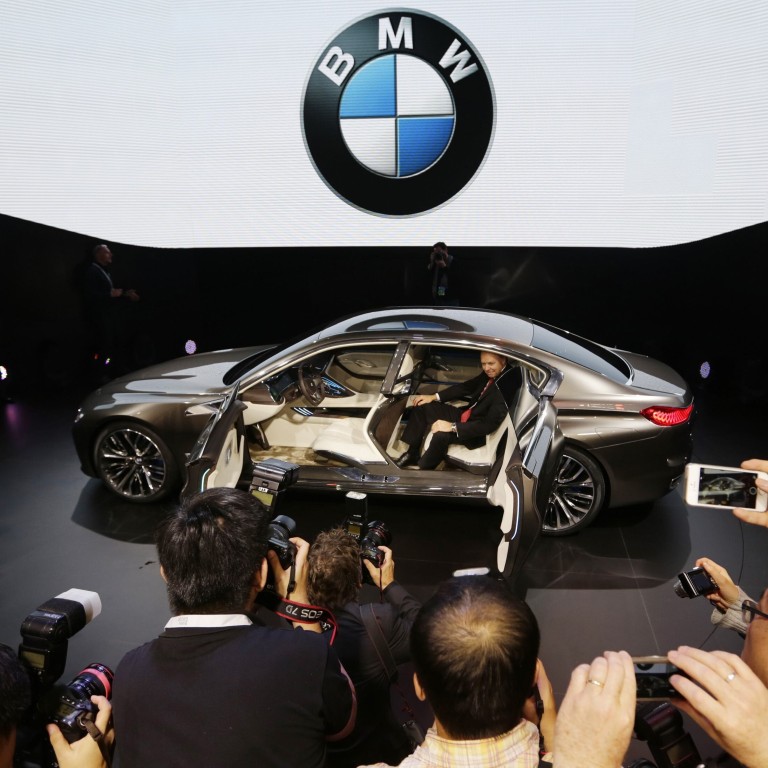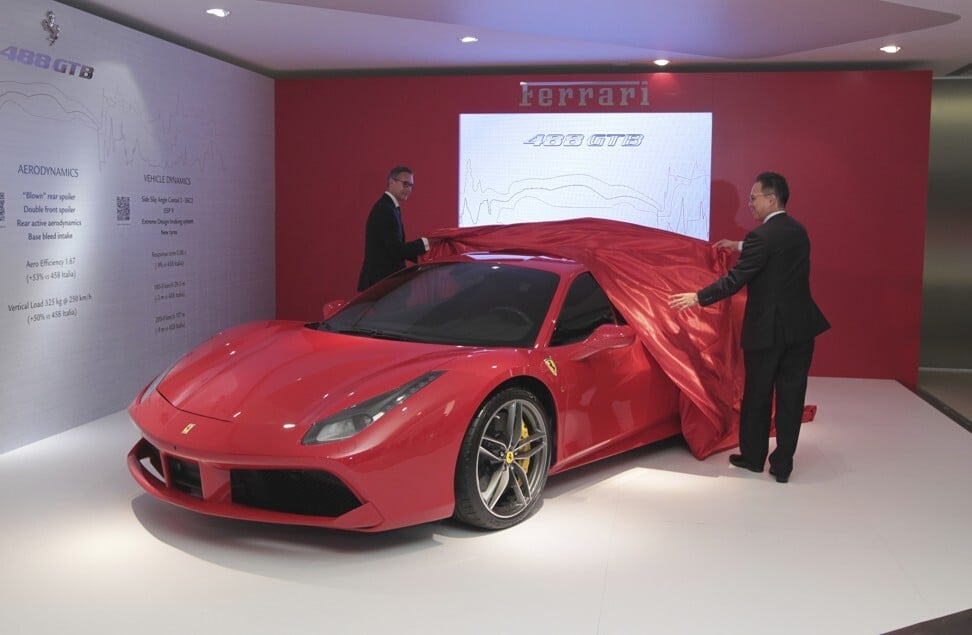Ferrari, Maserati, Porsche, Mercedes: How young women in China are driving growth in the super-luxury car market

“At this time”, “now, more than ever”, “unprecedented”: most business articles (at this time) explain the hurt an industry has faced, and target future recovery. Luxury car brands in China though have found a different “new normal” as one of the few sectors experiencing year-over-year sales growth thanks to affluent Chinese consumers.

In April 2020, luxury car dealers sold over 277,000 units, an 11 per cent increase on the same time last year, while the mass or non-luxury passenger market slowed by 10.5 per cent in the same period according to the China Automobile Dealers Association.
For an expert steer, we spoke to Mirko Bordiga, managing director of Maserati China. “Looking at the here and now, the impact of economic fluctuations on the super-luxury car market has been relatively limited. For Maserati, while any business will feel the effect of Covid-19, the growth of sales volume in the near-term sent a positive signal for the super-luxury car market. Besides, Maserati will bring out a series of exciting new products in the next few months, including a new sports car and new Ghibli. New product launches will further contribute to boost the brand’s market performance.”

A source at Ferrari Greater China concurred that the industry was moving up the gears: “Ferrari has taken the appropriate measures to deal with this crisis in a manner that will ultimately make us stronger and this gives us confidence in our ability to continue creating value beyond the uncertainties of the short-term. Therefore, we have full confidence in the recovery of the automobile industry in the future.”
With the sector as a whole looking set for ongoing strength, where do brand preferences lie? With each super-luxury car offering tasty looks and a mouth-watering driving experience, what are Chinese drivers hungriest for?
Jens Puttfarcken, president and CEO of Porsche China explained key consumer insights: “The average age of Chinese customers is about 35 years old. They are almost one generation younger than the customer we have in the US or Germany and they live in a digital age, which means they have a higher preference for innovation and digitalisation. We have an equal split of gender, which is a perfect balance of 50 to 50, while in EU and in US the majority are male customers. In addition, the demand for Porsche Options has kept on growing, indicating that our Chinese customers are willing to pay more for their customised and unique Porsche models.”

Young female drivers are increasingly taking the wheel of super-luxury, with Ferrari Greater China telling us that “the average buyer here is much younger than elsewhere, and female clients account for a slightly higher percentage. There are also some culture-specific factors. For example, Chinese customers have a particular preference for the colour red as well as the numbers 8 and 6, which all signify good fortune.”
Bordiga said that “in terms of regional differences, consumers in first-tier cities have put more focus on personalisation and customisations than those in other regions. Aiming at this growing need, Maserati has specially introduced a ‘one of one’ customisation project which can create an exclusive car based on personal preference so as to fully satisfy those customers.”

Traditionally, customer satisfaction in the car market has been ignited by the product itself – one sale and then off they drive, away from the dealer forecourt, only to return when a service notification flags on the console. Now, the top brands are engaging customers in more of a club-like, exclusive owners’ experience.
Bordiga said that “Maserati is always working on improving and consolidating its customer loyalty and engagement sphere by offering consumers far more than a single car can provide. For example, Maserati together with its dealers have created a series of special services for owners and all potential customers such as the Maserati VIP Club with its exclusive Golden Butler Service which includes door-to-door delivery, maintenance services, airport pickup service, mobility service and car-using service in 30 cities nationwide, as well as special privileges at luxury hotels for brand lovers who wish to experience a Maserati car and enjoy a wonderful journey with their family and friends.”

While the Porsche Carrera Cup Asia (PCCA) has earned an impressive fan and media following since its launch in 2003, the brand also started Porsche China Junior Programme selection in 2015, to encourage talented young drivers. Moreover, “the Porsche Club China, a platform for Porsche owners to connect with each other and share their passion for the brand, was established in spring 2017. Now it has become the world’s fourth largest Porsche Club and has six branches across China,” said Puttfarcken.
Besides the experience and the purchase, wealthy Chinese individuals are known for looking long-term and having investment in mind – a big advantage for Ferrari Greater China, which explains that “Owning Ferrari cars and having them certificated and authorised as Classiche can also be an investment with very high returns. At present the majority of the world’s 10 most valuable classic cars are Ferrari models. The vehicle will not only become a piece of art and but will accompany you for a lifetime.”
Want more stories like this? Sign up here. Follow STYLE on Facebook, Instagram, YouTube and Twitter .

Are people buying cars again, post-Covid-19? Cultural factors, VIP clubs, customisations and long-term value see increasing Chinese demand for luxury brands over regular models